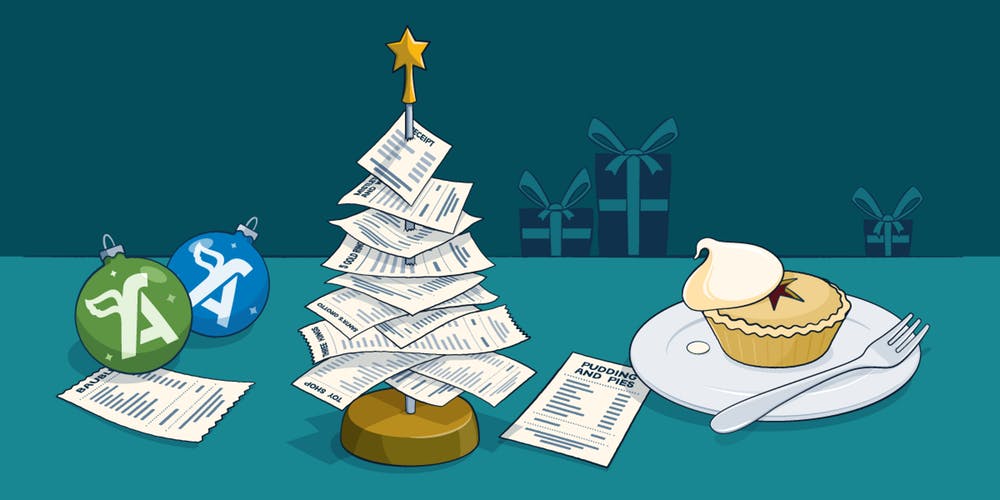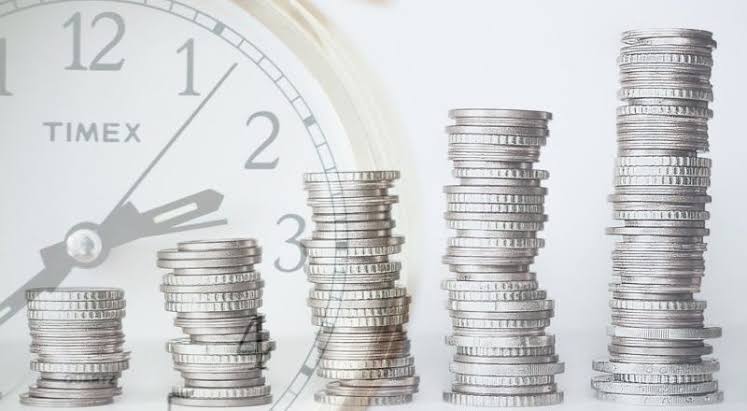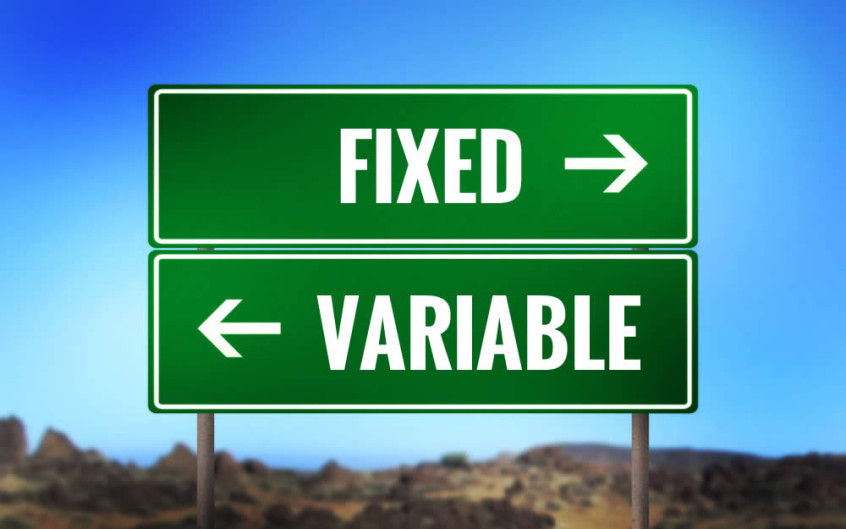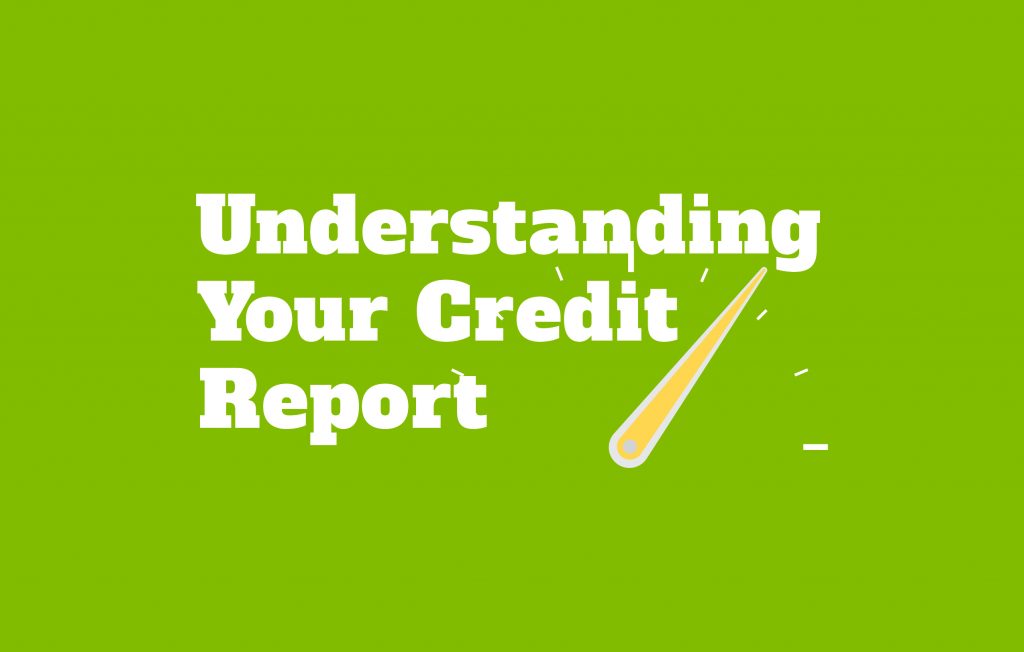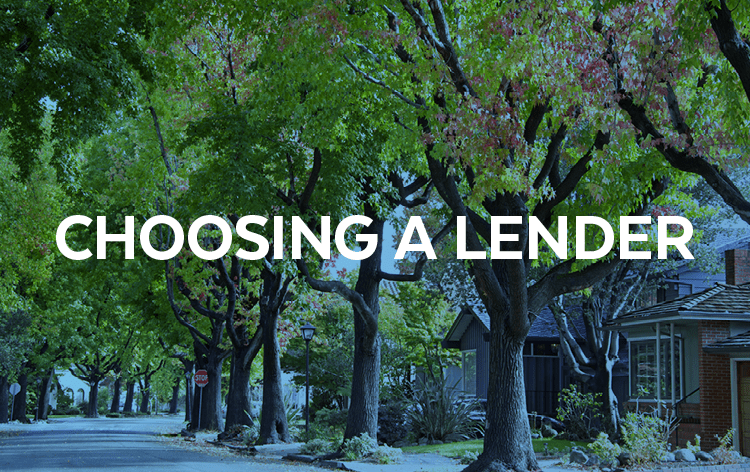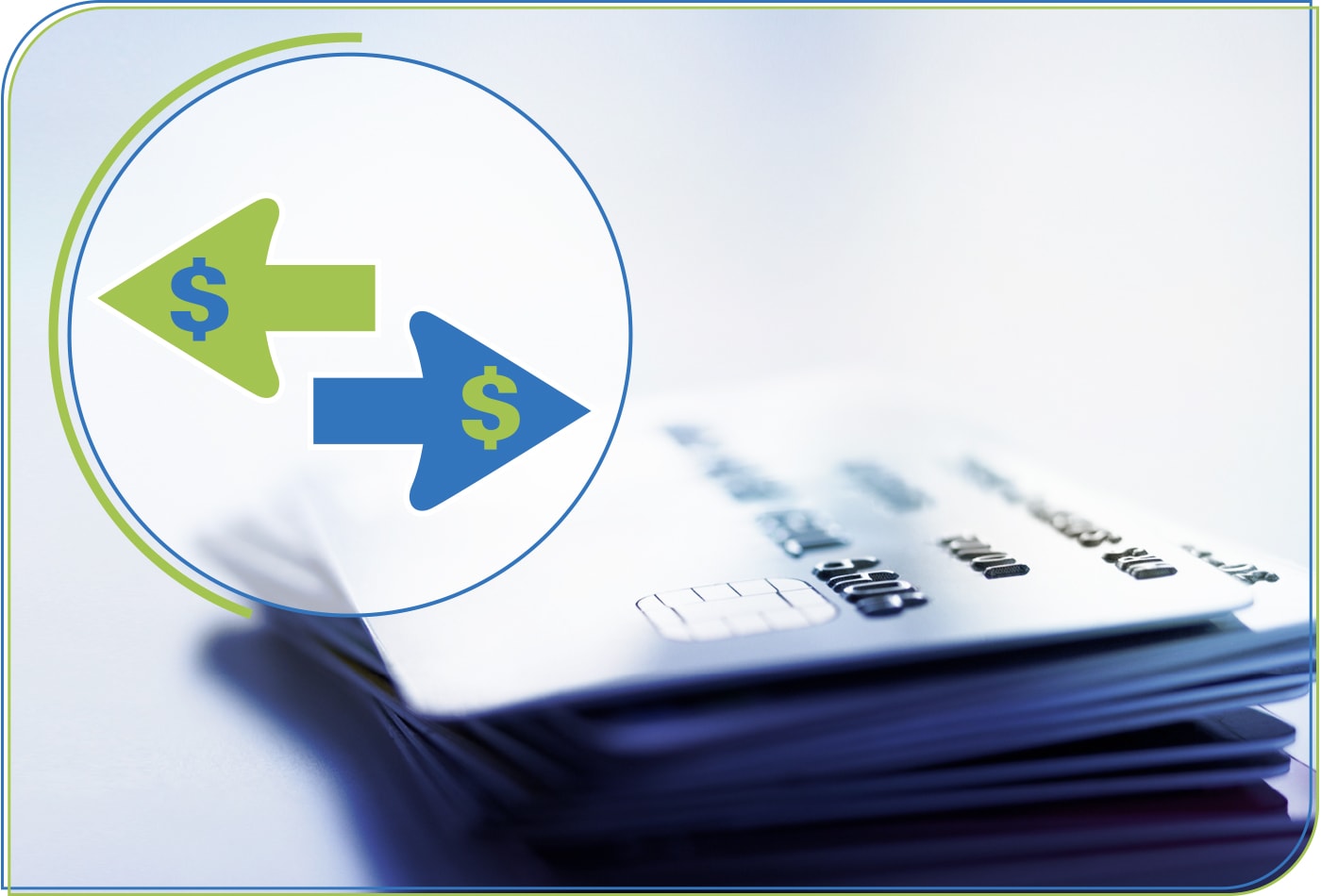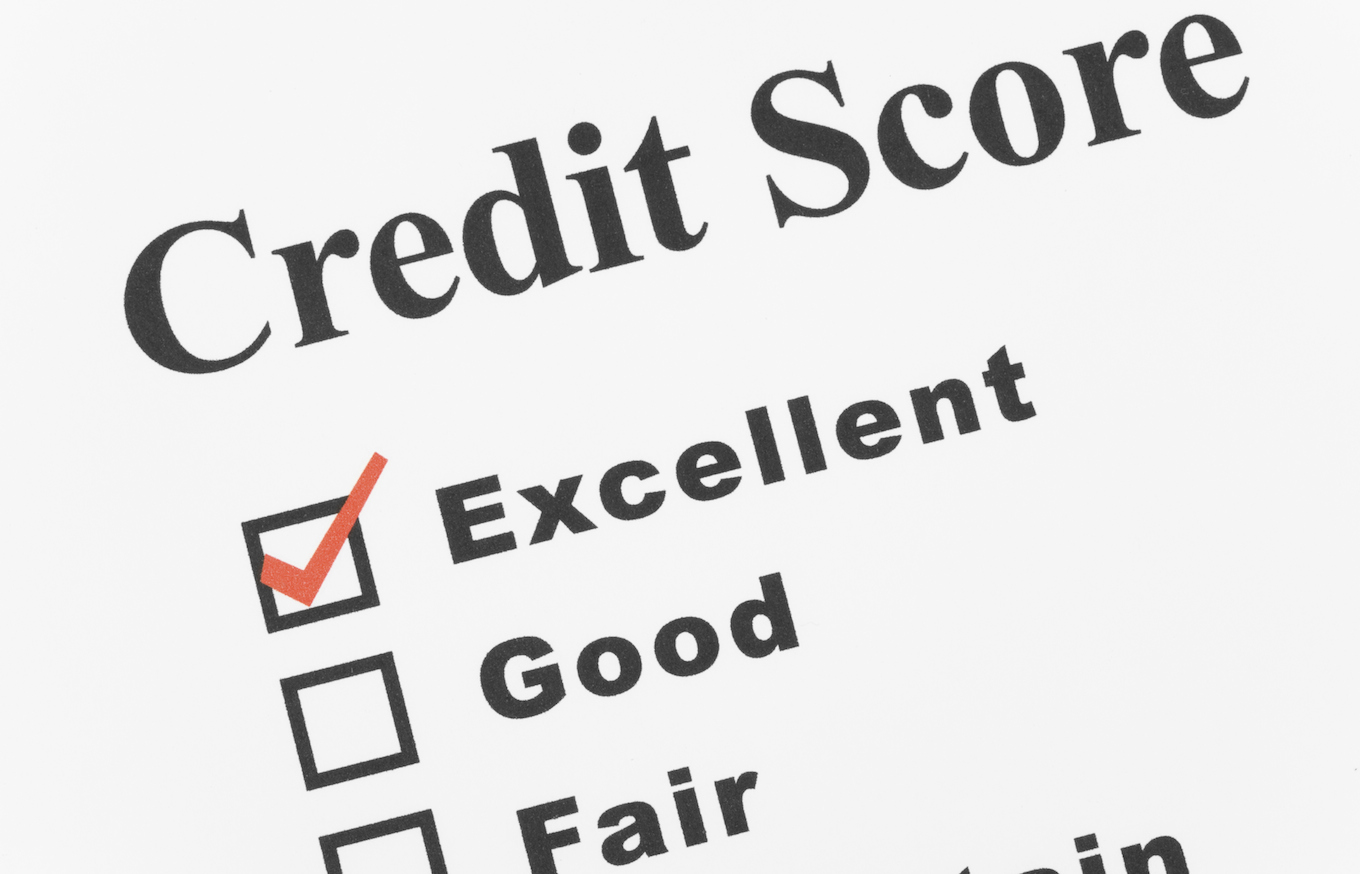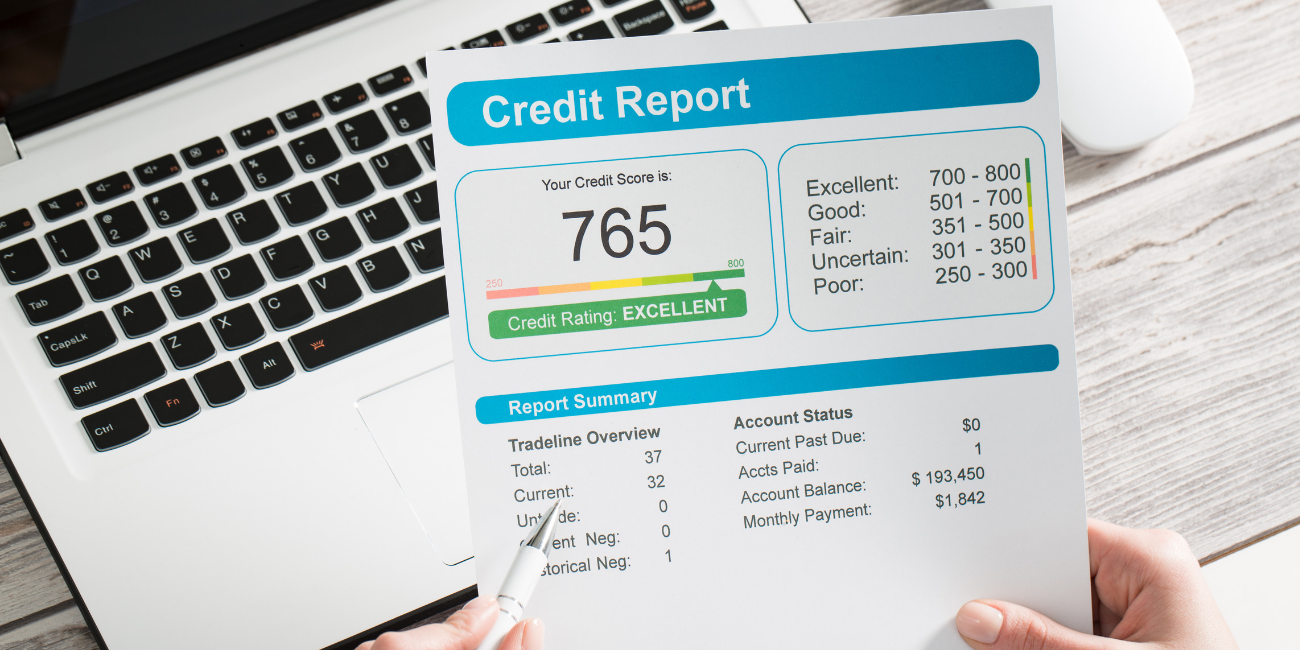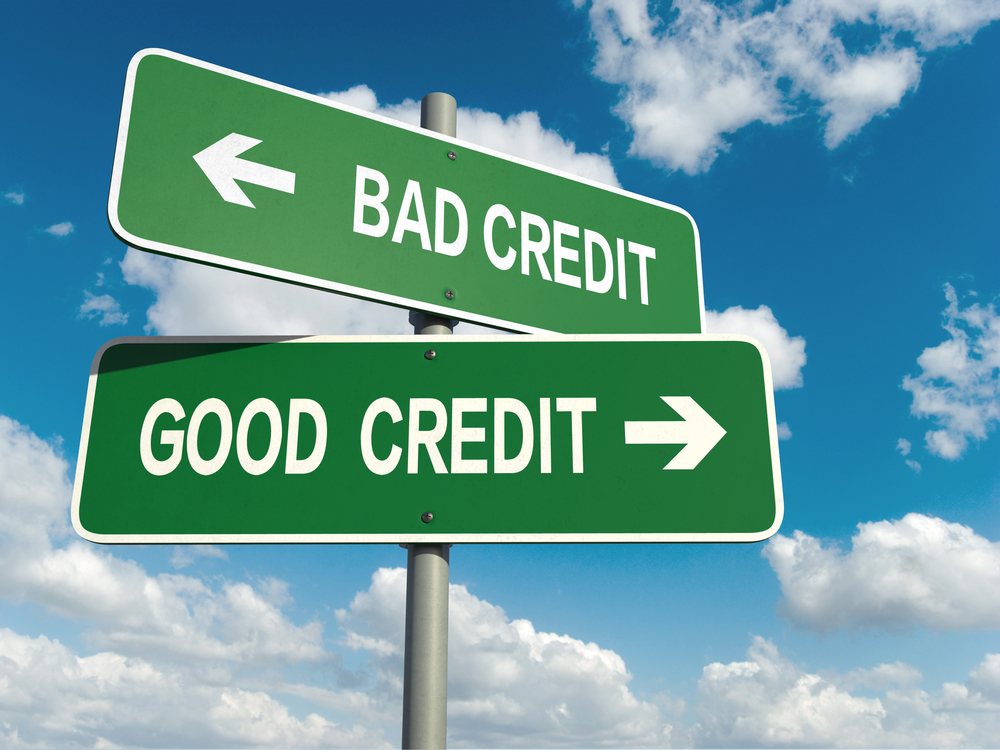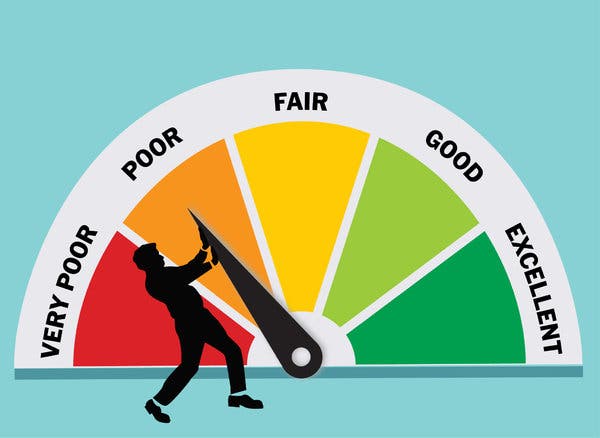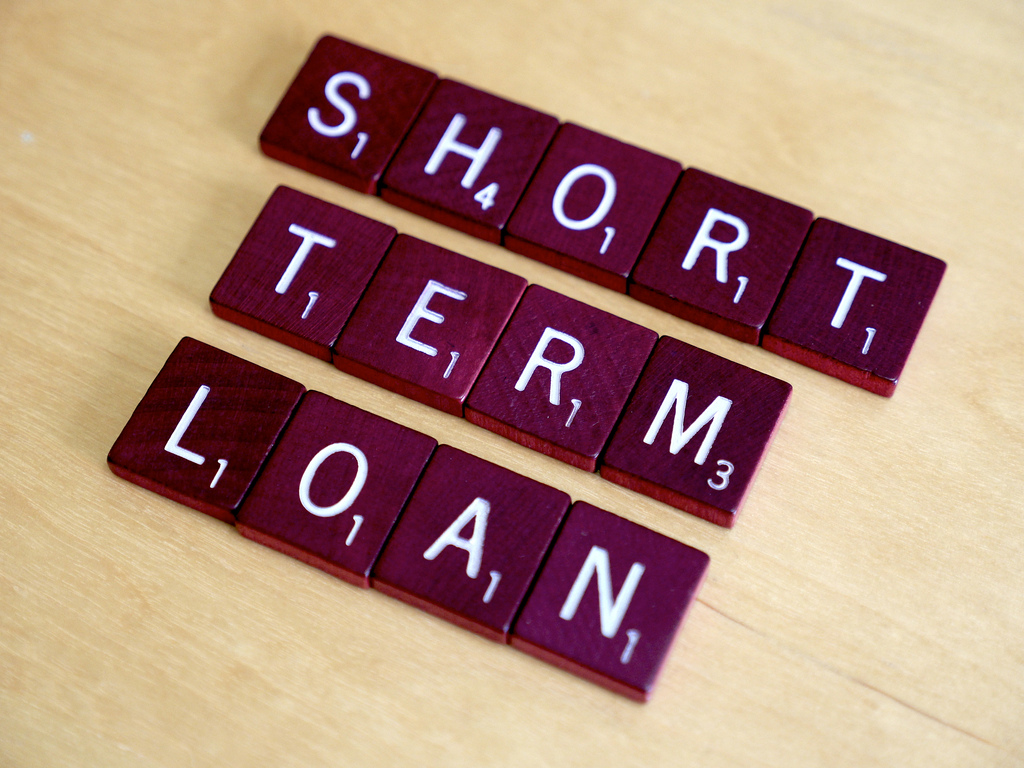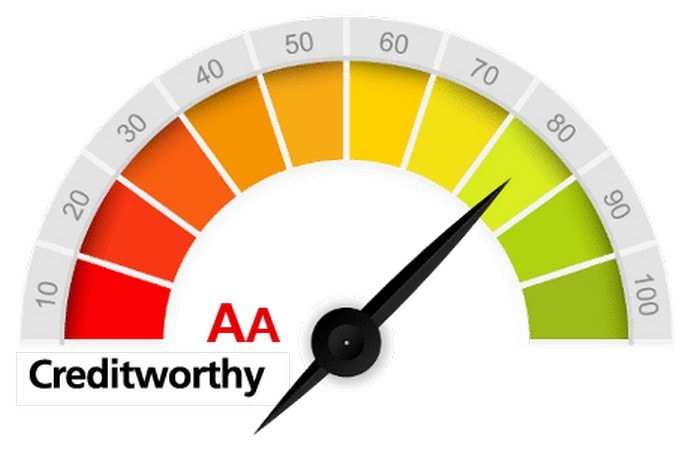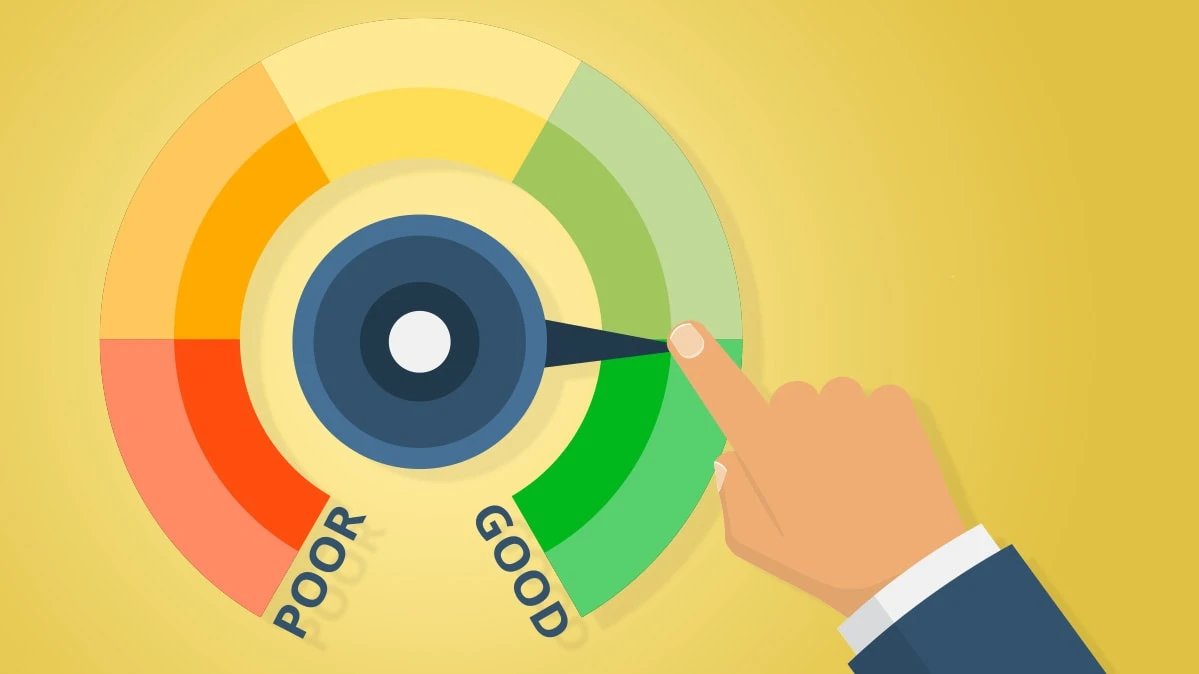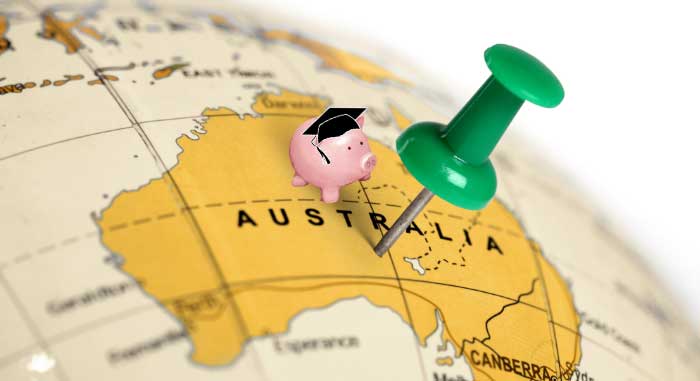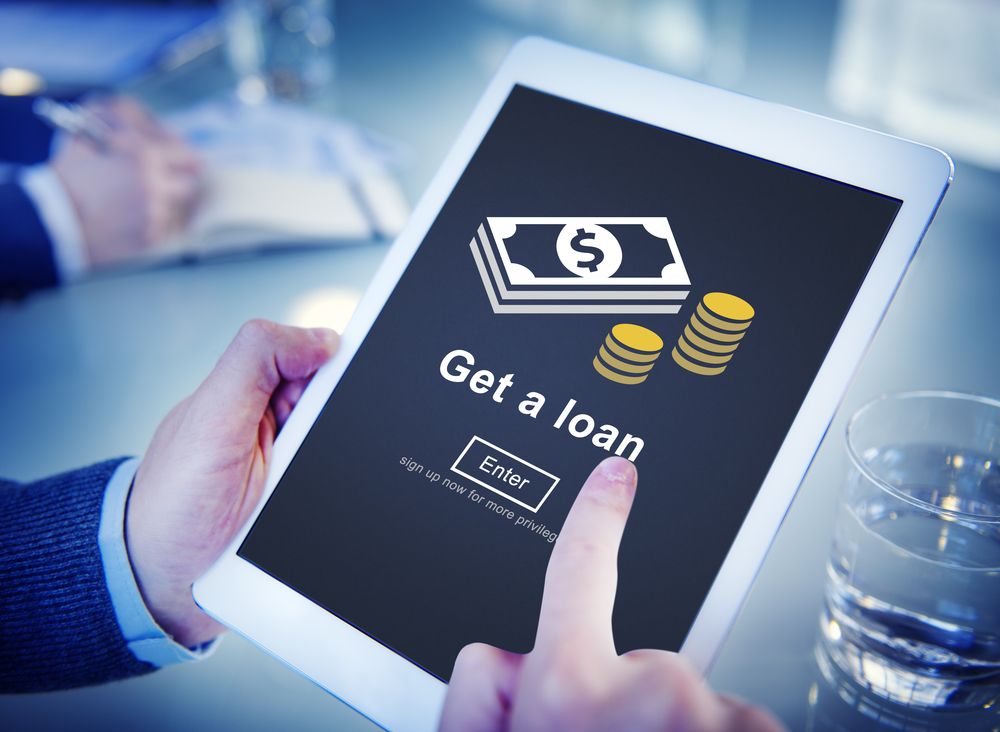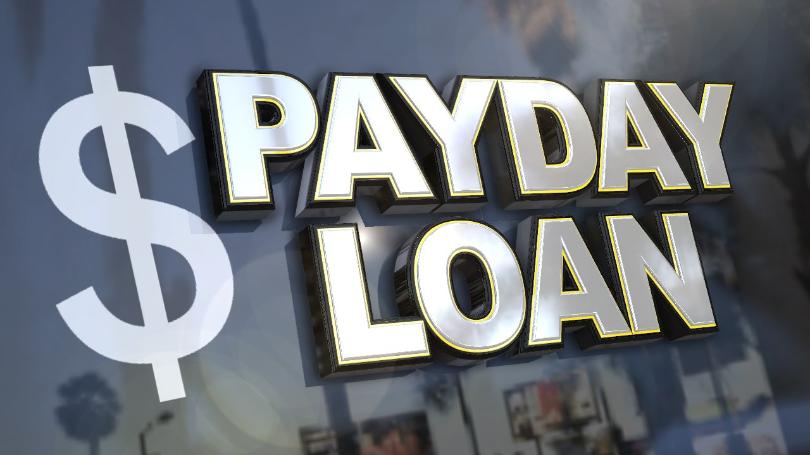Living from paycheck to paycheck can inevitably cause financial stress, yet this is a reality of life that most people face. In times like this, you can’t help but think of short-term solutions that will allow you to make ends meet whilst you wait for your next salary.
Good thing there are sources available these days where you can get cash quickly. You may opt to get yourself a payday loan or a short-term personal loan – common options that most cash-strapped individuals today explore.
Both are good sources of quick cash, but which one to choose? Both have their pros and cons, and it would be a wise move to know which one offers the most value to your need, without putting more financial stress upon you in the future.
Quick cash can be found with instant cash loans. This type of loan
Whilst you want an instant cash fix, you definitely don’t want to be burdened with unreasonable interests or hidden charges that will only put you on an endless cycle of being cash-strapped. That is why, when choosing either one of these options, it is best that you know how each of them works and how each may affect your finances in the days to come.
Here, we break down the pros and cons of a payday cash advance and a same day loan, so you can make a sound financial decision when thinking of availing yourself of either one.
Payday cash advance
What is it: Payday cash advance offers quick cash for individuals needing a short-term fix.
Pros: Payday cash advance is a good solution for when you need to get cash immediately for your needs. It offers convenience to anyone who wants to avail. It also doesn’t come with a lot of requirements and credit checks.
Cons: Lenders involved in payday cash lending do not go through standard regulation, which means your rights as a client or customer may not be protected should there be irregularities or abuse surrounding your arrangement.
Drawing from our experience, moreover, lenders providing this type of instant loan usually charge unreasonable interest rates. On top of high interest rates, some lenders may even charge you with hidden fees.
Furthermore, the high acceptance rate loan you got should be paid within a short amount of time. This means there is no flexible payment terms, which in turn, will require you to shell out more during the agreed payment period.
Pro-tip: Before availing yourself of a payday cash advance, make sure to do a background check on the lender. Not all payday cash lenders are created equal, so it is recommended that you research about the lender you intend to choose.
Our findings show that, it is also important to ask yourself if a payday cash advance is the best solution for your cash needs. The decision doesn’t end when you got the money; you have to think long and hard if you would be able to pay for it later.
Since there is no flexible payment terms offered, decide if you would be able to repay your loan at the agreed timeline and at the amount required. You will also have to decide if your source of current income would be able to shoulder the additional charges or interest rates.
Short-term personal loan
What is it: A short-term personal loan is essentially the same as payday cash advance, in the sense that it also offers instant cash fix. The difference is that lenders offering short-term personal loans are strictly regulated and are required to adhere to government laws that govern responsible lending.
Lenders found not complying with the regulations put forth by the government may face revocation of their license.
Pros: Thorough credit and employment checks are required before your loan gets approved, which means you can rest assured that you are dealing with a lending institution that comply with the law. Included with these background checks is a complete evaluation of your financial situation, which takes a deeper look at your suitability to avail of the loan, as well as your capacity to pay for it. This offers protection both for you and the lender.
Cons: Applying for a short-term personal loan may not be as quick and easy as getting a payday cash advance. Since background checks are required, it could be inconvenient for you when you need to get that loan fast.
Pro-tip: Just like with payday cash advance, you also need to research on short-term personal loan if it will be the most appropriate solution for your financial need. Identify which lenders are the most reputable and offer the best rates.
Which one to go for?
Through our practical knowledge, in deciding which between payday cash advance and short-term personal loan you should choose, you must first assess your financial need. It is also advised that you think long term, meaning you also have to think about how this loan would affect your financial situation in the future.
More importantly, you have to weigh the pros and cons of each when deciding which instant cash solution to go for. Whilst you need cash fast, you also want to make sure you won’t risk paying so much more on repayments than what your income can only afford.
Having said that, it will serve you well to choose the option that will be beneficial to you in the long run. Availing yourself of a short-term personal loan is the smarter decision, especially if you want to benefit from responsible lending practices.
Payday cash advance, whilst easy and convenient to get, would only burden you with more debt. Think about the high interest rates you have to pay for and the short amount of time you have to pay for them. In addition, you won’t get peace of mind when you know you might also be paying for hidden additional charges.
Short-term personal loans, on the other hand, will allow you to choose the payment term and period that fit your need. Whilst you have to go through a number of background checks before you get approved for a loan, you can be sure that the process protects your rights as a consumer and only meant to promote not only responsible lending but also good financial habits.
Whichever option you choose, it all boils down to the choice you think is best for you. Ultimately, you want to live a financially stable life, which is why it is important that you make sound financial decisions that will get you on that road to financial freedom.
Availing yourself of a short-term personal loan
Should you decide to go for a short-term personal loan, know that the background checks need not prevent you from getting the cash you so need. It might seem a tall order for you to get approved, especially if your credit history isn’t all that impressive to get you the loan you need.
The good news is that there reputable lending institutions that make the process of applying for a short-term personal loan completely hassle-free. Most of these lenders now offer online applications to make short-term personal loans more accessible to the public.
With online application, you can file for a loan using even your smartphone. Filling out the application form also takes only a few minutes to complete and absolutely free. You can even get approved in as short as an hour, when you make your online application during business hours.
To qualify for a short-term personal loan, you have to meet certain requirements: (1) You must be over 18 years old and an Australian citizen or permanent resident; (2) You must have a valid mobile number and email address; (3) You must be employed and receiving regular income in your personal account for the last three months; and (4) You must have an active online banking account.
Some documents will also be required from you in order to be eligible for a short-term loan. These may include your basic personal information, proof of identification, and online banking details to allow the lender to easily assess your bank statements as part of their evaluation process. You may also be required to provide your MyGov details should you be receiving benefits from Centrelink. Of course, you will get asked to provide your reason for availing yourself of the loan.
Things to keep in mind when applying for a short-term loan
Apart from the basics, the lender might also do some of the following in order to gauge your eligibility for a short-term loan:
1. Conduct credit checks
As part of their responsible lending practices, reputable lending institutions conduct standard credit checks to assess an individual’s eligibility to avail of the loan. Don’t be intimidated by these checks, though, as more often than not, lenders are always fair with their assessments.
There are some lenders as well that won’t look at your credit history when considering you for a loan. This means that although you have a bad credit history, they may take into consideration your current financial situation and your capacity to pay off a loan.
Speaking of credit histories, are you concerned yours will prevent you from borrowing money? If so, consider getting a no credit check loan. Learn more about this type of loan here at Perfect Payday.
2. Require a copy of your bank statement
To make the process easier, some lenders will ask for your online banking details to get access to your bank statements. This should not be a cause for concern, though, as they will only look at read-only copies of these statements and not your entire bank account. To accomplish this, lenders use the advanced yet secure banking technologies to access bank statements without compromising the client’s data. This means the client’s bank account details, personal information, and passwords are left alone.
3. Assess your suitability even if you’re a Centrelink beneficiary
Some lenders will require a thorough assessment on applicants who are receiving benefits from the government and Centrelink. Putting these benefits under source of income may depend on a number of factors, so you should not discouraged right away if you think being a beneficiary of one of these two will work against your favour.
Lenders will give a fair assessment of your financial situation and will make sure to arrive at a just and appropriate decision before approving your loan application.
4. Touch base with your employer
Employment checks are part of the assessment process, which is why you should expect your lender to contact your employer to get a verification on your employment and income details. This is to ensure that you are indeed capable of making repayments for the loan you will take.
Lenders are also professional and discreet, so you don’t have to worry about your employer ever knowing why you were applying for a loan. Verification questions are almost always about the basics, and they are asked in a professional manner.
The choice is yours
Whether or not you decide to apply for a short-term personal loan, know that most lenders offering this are fair and transparent in their dealings. You will have peace of mind knowing that the process they conduct is fair, just, and professional in nature.
Going for a payday cash advance is all up to you; just be prepared for whatever consequences that come with getting one.
So, when you find yourself hard-up on cash, it pays to be cautious before jumping on the next loan shark that offers you an instant solution to solve your money problems. Assess your financial condition, do a thorough research, and make good financial choices before sealing a deal.
The most important thing to remember is that you won’t be cash-strapped for long, so you definitely don’t need to be in a situation where you will be more troubled about money than you were originally, just because you’re paying off a loan.
It is also important that when making decisions about money, your ultimate goal is to have financial freedom. To achieve this, you should make an effort to protect your financial health, which you can only get when you start making sound financial decisions today.


